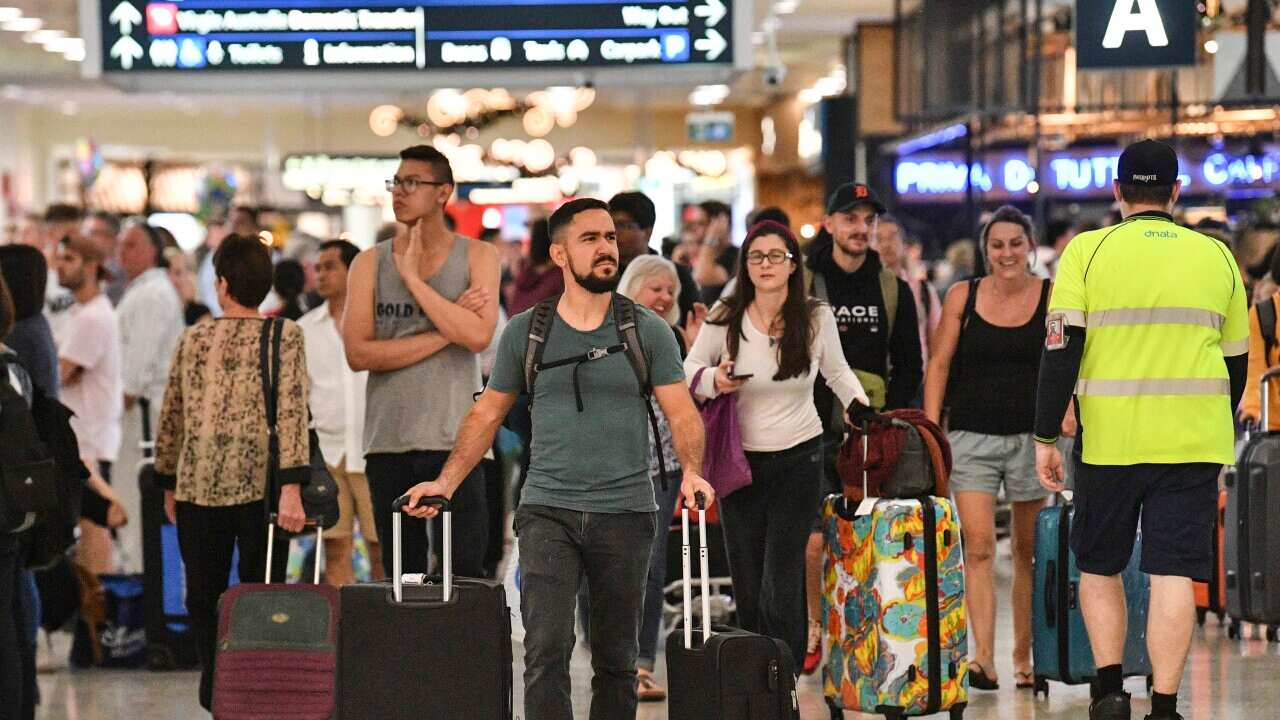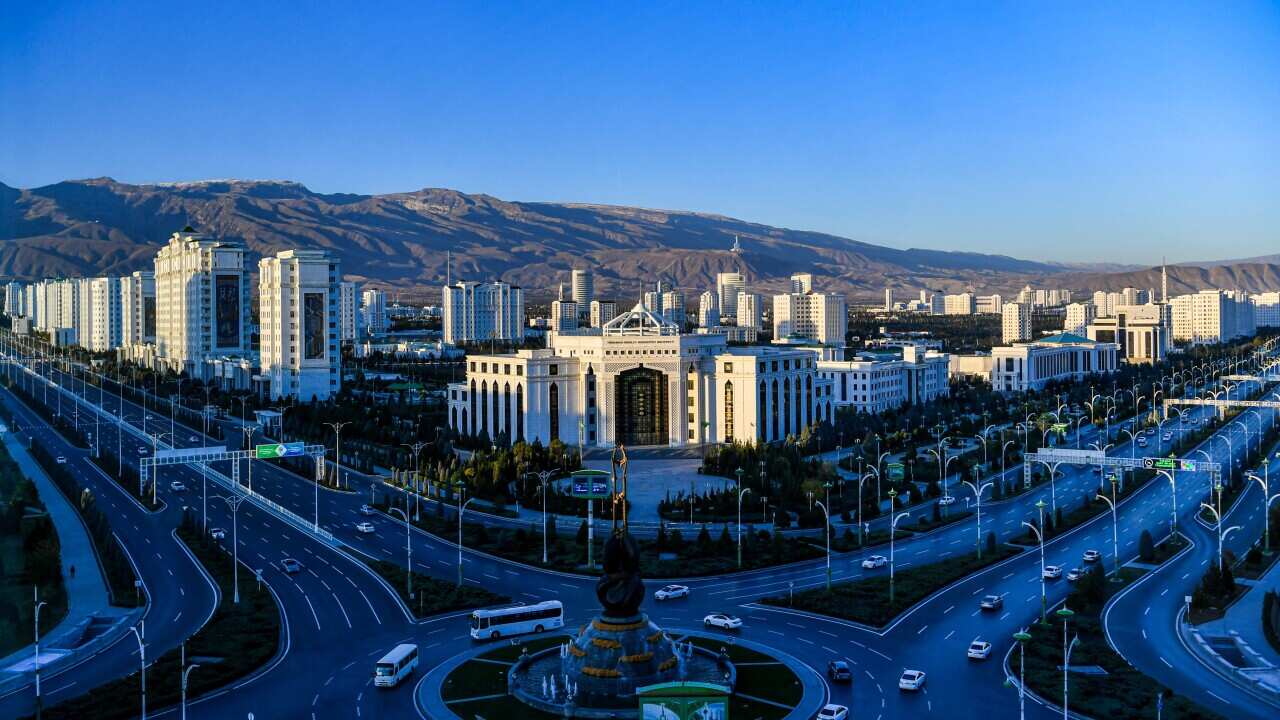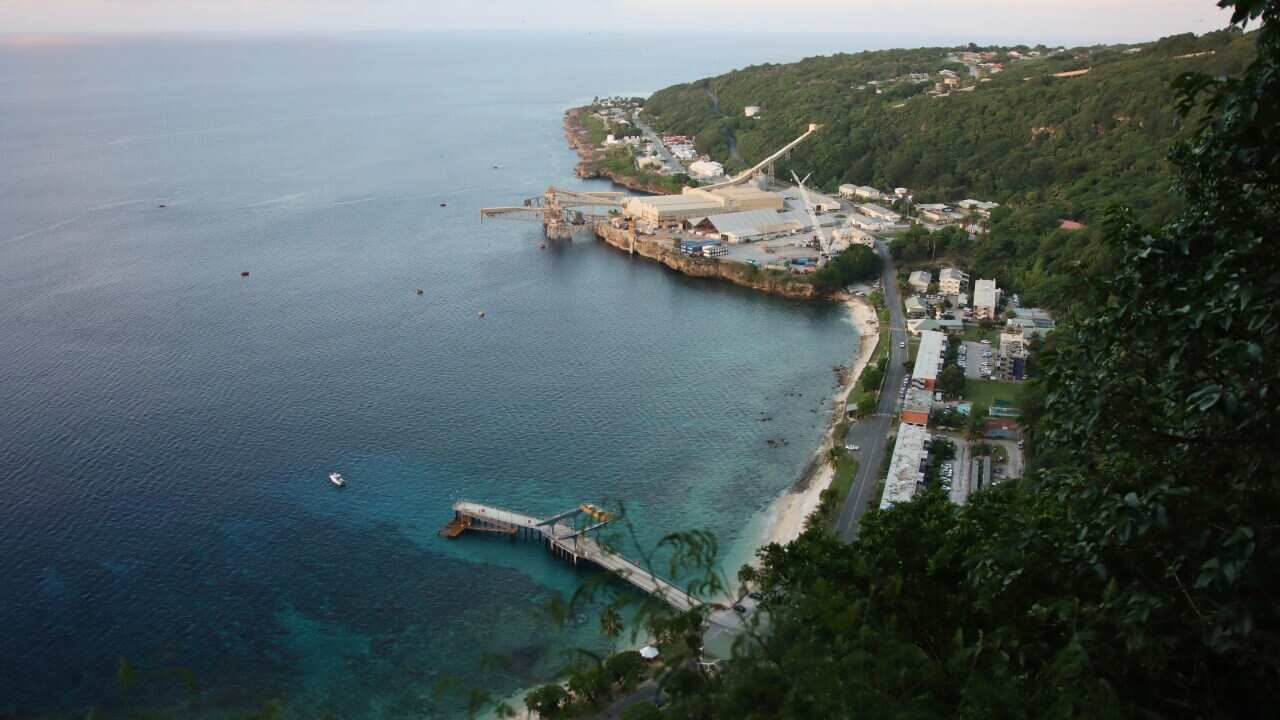Saudi authorities say the were committed in the Qatif region of the oil-rich Eastern Province of the country.
But Amnesty International has accused the Saudi government of carrying out a "systematic crackdown" which has seen "virtually all independent human rights activists and other critics silenced, prosecuted and sentenced to lengthy prison terms or forced to flee the country".
A report this year by human rights organisation Reprieve found that 41 per cent of those executed in Saudi Arabia in 2017 were killed for non-violent acts such as attending political protests.
Human Rights Watch says it's concerned with the lack of due process, the possibility that individuals are tortured into giving confessions and prosecutors' inability to provide any other corroborating evidence.
The area where 'politics is made'
Many of the kingdom's Shia Muslim minority live in the Eastern Province, where they fear marginalisation by the Sunni monarchy.
"It's a very serious conflict that has got very scant international attention," Adam Coogle, Middle East researcher with Human Rights Watch, told SBS World News.
"Essentially pitched battles over the past month-and-a-half between Saudi security forces and armed militants who have holed up in the historic neighbourhood in the town of Awamiya (in Qatif region) and are resisting the Kingdom's stated intention to demolish the historical neighbourhood." According to Ali Al-Ahmed, a former political prisoner in Saudi Arabia who now heads the Institute for Gulf Affairs in Washington DC, "if you compare it to the rest of Saudi Arabia, it has always been a place where politics have been made".
According to Ali Al-Ahmed, a former political prisoner in Saudi Arabia who now heads the Institute for Gulf Affairs in Washington DC, "if you compare it to the rest of Saudi Arabia, it has always been a place where politics have been made".

Map of Saudi Arabia showing Eastern Province region Source: SBS
"Movements from communist to pan-Arabist, to Islamist, to liberal movements have been born there, and activists from there dominate the country's political opposition historically. So this is an area which has given the Saudi monarchy a big headache for many years."
Historic and cultural heritage threatened
Earlier this year, the UN Saudi Arabia to halt forced evictions and demolitions of the historic Al-Masora neighbourhood in Awamiya.
"The Saudi government, as part of its long term policy is to destroy local culture and to target societies," Mr Al-Ahmed said.
"And what they have done is in order to humiliate the birthplace of the protest movement in the Eastern Province, they wanted to destroy its culture."
He links 'targetted' executions to the Kingdom's quest to establish its legitimacy in the country's eastern region of Qatib.
"All of them are protestors. Most of them their only crime is to protest or to write slogans on the walls or to raise the word in Arabic 'Death to Al-Saud', or 'Down to Al-Saud'.
"That is a very, very sensitive and huge embarrasment to the Saudi monarchy... and that's why Sheikh Al-Nimr was executed because he dared to speak in public inside Saudi Arabia about the Saudi Royal family by name."
Execution of Sheikh Nimr al-Nimr
The execution of 57-year-old Saudi Shiite cleric, Sheik Nimr al-Nimr, and 47 others in January 2016 prompted widespread international condemnation.
A Shiite cleric from Saudi's Eastern Province, he was a well-known figure at anti-government demonstrations, often criticising Saudi rulers for their treatment of the kingdom's Shiite minority.
But he was arrested by authorities in 2012, a year after a wave of popular uprisings began to take effect in parts of the Middle East, and sentenced to death in 2014.
Foreign Minister Julie Bishop at the time said the Australian government was "deeply disturbed" by his execution.
"The Australian government supports the universal abolition of the death penalty and we are deeply disturbed by the recent executions carried out in Saudi Arabia," she said.
Mr Al-Ahmed says that for young people, Sheikh Nimr Al-Nimr became an icon. However, there's a 'different direction' now.
"The young people have a different direction or projection than the previous generation in terms of what they are trying to achieve. Before there was the goal of obtaining basic human rights.
"I think now it's a much higher level in terms of attaining and capturing greater political rights. It's no longer an issue of human rights. It is an issue of politics and either regime change or replacement or severe reform."
International pressure
Reprieve director Maya Foa is calling governments, including Australia, to make it clear to the Saudi Royal Family and Crown Prince Mohammed Bin Salman that they do not support the execution of citizens, including juveniles, for attending peaceful protests.
"Silence is effectively condoning this behaviour, and could very quickly turn into complicity," she told SBS World News,

Saudi Shiite women hold placards bearing a portrait of Shiite Muslim cleric Nimr al-Nimr in the eastern coastal city of Qatif, January 2016. Source: Getty
Crown Prince urged to act on human rights
Amnesty International is calling on Mohammed bin Salman Al Saud to use his new authority as Saudi Arabia's Crown Prince to "match his words with actions and demonstrate his commitment to human rights".
It quotes an Mohammed bin Salman gave to the 'Economist' magazine earlier this year in which he spoke of the Kingdom's values.
"It is important to us, the participation in decision making; it is important to us to have our freedom of expression; it is important to us to have human rights," he said.











